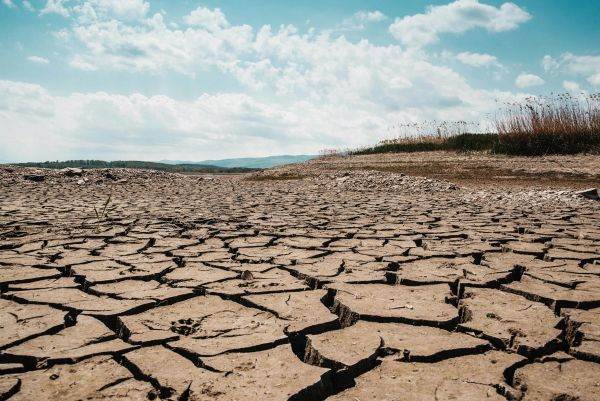Before world leaders arrive in the Brazilian city of Belem for the 30th UN Climate Change Conference (COP30), a new report by the United Nations Environment Programme (UNEP) is sounding the alarm: current commitments by states would lead the planet to a warming of 2.5°C, well above the limits set by the Paris Agreement, informs AFP. According to the UNEP, if the world's countries fully implemented their climate roadmaps, global temperatures would rise by 2.3°C to 2.5°C by the end of this century. This scenario remains far from the objective of the Paris Agreement, which aimed to limit temperature increases "well below 2°C" and, ideally, to 1.5°C above pre-industrial levels. "Our mission is simple, but not easy: we must ensure that any overshoot is as small and short-lived as possible,” said UN Secretary-General Antonio Guterres. He warned that the 1.5°C target was "on the verge of collapse” and called for accelerating the transition to net zero emissions by 2050.
• Global emissions rise despite warnings
Despite commitments, humanity continues to burn more and more oil, gas and coal. Global emissions rose by 2.3% in 2024, according to the UN report. The main contributors to this increase are India, followed by China, Russia and Indonesia. By contrast, the European Union saw a modest drop in emissions, while the United States stagnated (+0.1%). "The ambition and action are nowhere near the required levels,” said Anne Olhoff, the report's scientific coordinator, noting that "new climate pledges have barely moved the needle.” Based on current policies, without additional commitments, global warming could reach 2.8°C, according to UN estimates. While that figure is a slight improvement on the 3.1°C announced last year, the progress is largely the result of methodological adjustments and uncertain political commitments. In addition, less than a third of the world's countries have submitted their binding climate plans for 2035 on time, as required by the Paris Agreement. The UN is now openly talking about a scenario of "temporary and minimal overshooting” of the 1.5°C threshold - which would require drastic emissions reductions and massive absorption of CO₂ from the atmosphere, either through natural means (afforestation) or through capture technologies, which are still in their infancy. But this strategy is fraught with risks. "Every additional fraction of a degree Celsius increases the intensity of heat waves, cyclones and floods and reduces the chances of ecosystems surviving,” warn the researchers cited in the report. The head of the UN Environment Programme, Inger Andersen, stressed that time is running out: "We need unprecedented reductions in greenhouse gas emissions, in an increasingly short time frame, in an increasingly difficult geopolitical context.”
The choice of Belem, located in the heart of the Brazilian Amazon, to host COP30 is loaded with symbolism: the Amazon region is often called the "lungs of the planet,” but massive deforestation and fires have dramatically weakened the forest's capacity to absorb carbon. Brazilian President Luiz Inacio Lula da Silva promised to make COP30 a conference "of action and reparation,” but the UN report questions humanity's collective capacity to keep its own promises.
















































